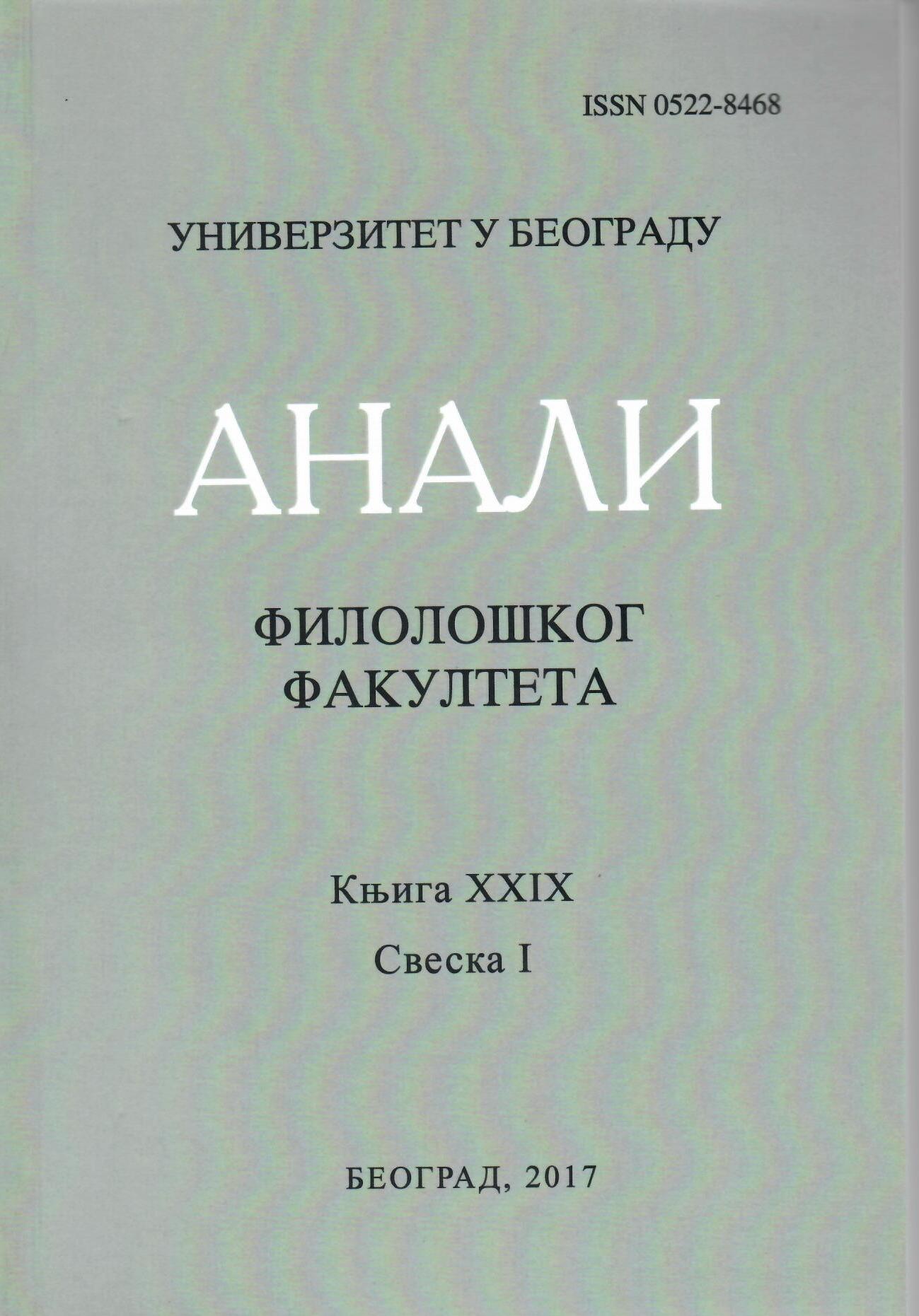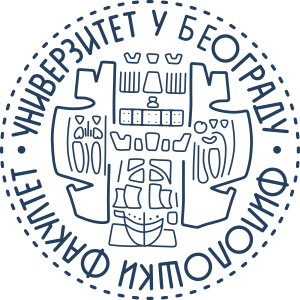Pokušaj definisanja konfrontacionog intervjua
DOI:
https://doi.org/10.18485/analiff.2017.29.1.7Кључне речи:
intervju, institucionalni diskurs, konfrontacija, konfrontacioni diskurs, kritička analiza diskursa, analiza konverzacijeАпстракт
Diskurs moći je već decenijama predmet interesovanja velikog broja naučnih disciplina, a posebno kritičke analize diskursa. Predstavnici ove lingvističke discipline smatraju da je institucionalni diskurs izvor govora moći, a naročitu pažnju posvetili su medijskom diskursu. Analiziran je veliki broj medijskih formi, a posebna pažnja posvećena je intervjuu. Međutim, intervju je uglavnom analiziran kao forma koja se po sebi podrazumeva i istraživači se gotovo uopšte nisu bavili definisanjem različitih vidova medijskih intervjua. Predmet ovog rada je pokušaj definisanja specifične forme televizijskog intervjua koji je sve prisutniji na televizijskim programima širom sveta putem kojeg intervjueri, kao predstavnici medija, pokušavaju da od intervjuisane osobe, koja se nalazi u centru pažnje javnosti, dobiju ne samo one informacije koje je intervjuisani spreman da obelodani, već i one koje pubika očekuje da čuje, a koje intervjuisana osoba iz raznih razloga nije spremna da otkrije. Da bismo jasno pokazali o kakvom je diskursu reč razjasnićemo pojmove intervjua, instituicionalnog diskursa, konfrontacije i pozicioniranja sagovornika u takvom tipu diskursa iz perspektive kritičke analize diskursa i analize konverzacije, i na osnovu analize pojedinačnih elemenata i poređenja sa klasičnim intervjuom, pokušaćemo da damo sveobuhvatnu definiciju konfrontacionog medijskog intervjua.
Downloads
Downloads
Објављено
Број часописа
Рубрика
Лиценца

Овај рад је под Creative Commons Aуторство-Дели под истим условима 4.0 Интернационална лиценца.
Authors who publish with this journal agree to the following terms:
- Authors are confirming that they are the authors of the submitting article, which will be published (print and online) in the journal Anali filološkog fakulteta by the Faculty of Philology, University of Belgrade (Faculty of Philology, Studentski trg 3, 11000 Belgrade, Serbia). Author’s name will be evident in the printed article in the journal. All decisions regarding layout and distribution of the work are in hands of the publisher.
- Authors guarantee that the work is their own original creation and does not infringe any statutory or common-law copyright or any proprietary right of any third party. In case of claims by third parties, authors commit their self to defend the interests of the publisher, and shall cover any potential costs.
- Authors retain copyright and grant the journal right of first publication with the work simultaneously licensed under a Creative Commons Attribution-ShareAlike 4.0 International License that allows others to share the work with an acknowledgement of the work's authorship and initial publication in this journal.
- Authors are able to enter into separate, additional contractual arrangements for the non-exclusive distribution of the journal's published version of the work (e.g., post it to an institutional repository or publish it in a book), with an acknowledgement of its initial publication in this journal.
- Authors are permitted and encouraged to post their work online (e.g., in institutional repositories or on their website) prior to and during the submission process, as it can lead to productive exchanges, as well as earlier and greater citation of published work.





